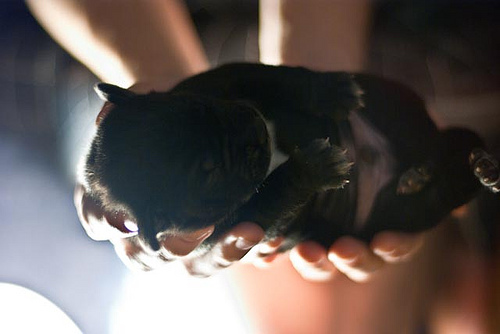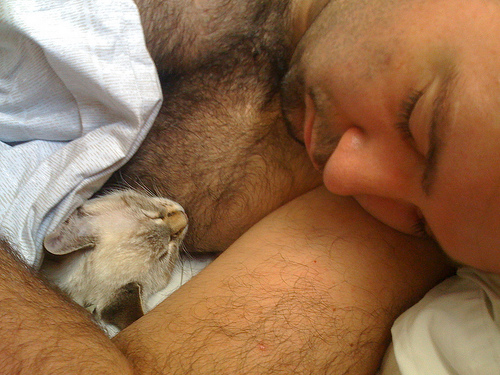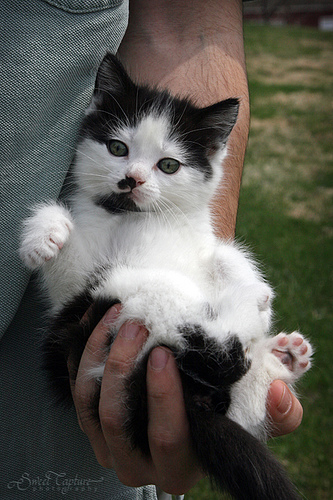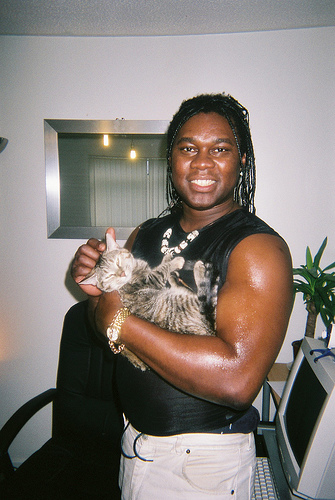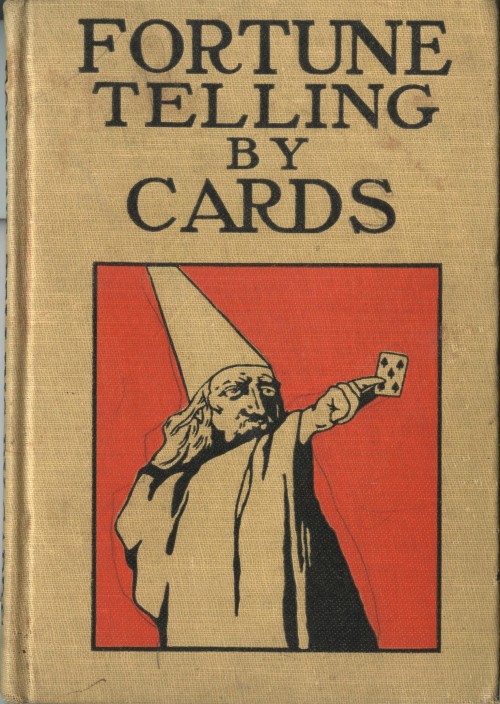When Chelsie Hightower & Mark Kanemura Dance danced to Leona Lewis’ Bleeding Love on So You Think You Can Dance (choreography by Napoleon & Tabitha D’Uma), I was mesmerized…
[youtube]http://www.youtube.com/watch?v=HqAbm5og4kA[/youtube]
But the lyrics disturbed me; doubly so when the girls, my daughters, began singing it. Especially the chorus.
But I don’t care what they say
I’m in love with you
They try to pull me away
But they don’t know the truth
My heart’s crippled by the vein
That I keep on closing
You cut me open and I
Keep bleeding
Keep, keep bleeding love
I keep bleeding
I keep, keep bleeding love
Keep bleeding
Keep, keep bleeding love
You cut me open
Now, technically, according to the full song lyrics, neither the cutting nor the bleeding is real; it’s metaphorical teenage poetry expressing the pain of trusting and loving after having been hurt before by others. But…
There’s also this part:
But I don’t care what they say
I’m in love with you
Whoever “they” is, be it family or friends, why don’t you trust them?
I know it’s social acceptable — required, even — for teens to rebel. (And love songs are filled with teenaged angst & longing, even if they aren’t of the pop variety — which Bleeding Love is.) Teens aren’t supposed to trust their parents. But parents are the very same people teens have to thank for keeping them alive all these years. They don’t have an ulterior motive. They want you alive, safe & happy — even if your definitions of the latter differ greatly.
And what if it’s your friends who don’t like the guy — or girl? OK, occasionally, you have a frenemy who wants the dude (or babe) for themselves… But if you aren’t wise enough to keep away from frenemies, you probably aren’t mature enough to date (or have sex) anyways.
My point is, unless what “they” say is that you shouldn’t date or be with him is because he’s too short, or her nose is too big, or some other superficial thing, shouldn’t you at least listen to their reasoning & evaluate it for yourself?
They try to pull me away
But they don’t know the truth
Oh, you might be temped in that dramatic romantic way to believe you know more than “they” do — but really, why would “they” try to pull you away unless they saw or knew something was bad or even dangerous?
Ignoring the people who’ve known you longer, if not better than anyone else; resisting the warnings of the people who’ve cared for you, invested time and money in you, because you want to be right or play Romeo & Juliet, is not maturity. (See comments about frenemies.)
It scares me when I hear songs with lyrics like these… Hear people singing along, like it’s a mantra… Romanticizing “forbidden love” to the extent that they mistake warning signs for meddling, mistake dangers for a chance to prove themselves “right” rather than being safe.
True love doesn’t hit, soul mates don’t control or hurt you, and families & friends (the “they” sung about) don’t lie about your safety — the people who love you, family members & friends, want to like & love who you love. At the very least, they don’t want to upset you — but “they” will upset you, try to pull you away from things & people who are not good for you.
Maybe you’re not Juliet.
So maybe there’s no reason to drink from the poison cup.
~~~
This post is part of the blogathon for Hope For Healing, a wonderful event raising awareness of domestic violence & funds for supporting victims.
Twolia generously sponsored me, and you can help too! Comment, link, Tweet my posts!
And use this special link to iSearch.iGive.com to perform searches; it will raise money for HopeForHealing.Org.
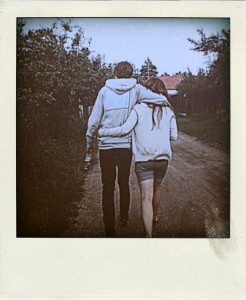 If the holiday of romance has you looking backwards, remembering a love you once had, a first love, instead of celebrating a romance of today or eagerly looking for the romance of the future, I ask you to limit your indulgent trip down memory lane to just this one day…
If the holiday of romance has you looking backwards, remembering a love you once had, a first love, instead of celebrating a romance of today or eagerly looking for the romance of the future, I ask you to limit your indulgent trip down memory lane to just this one day…